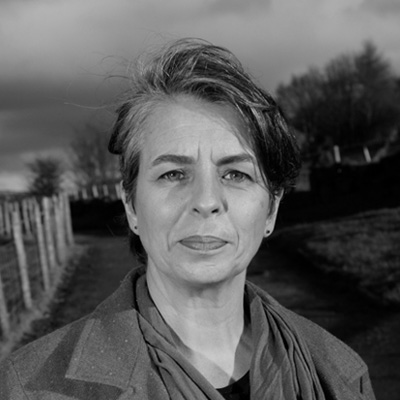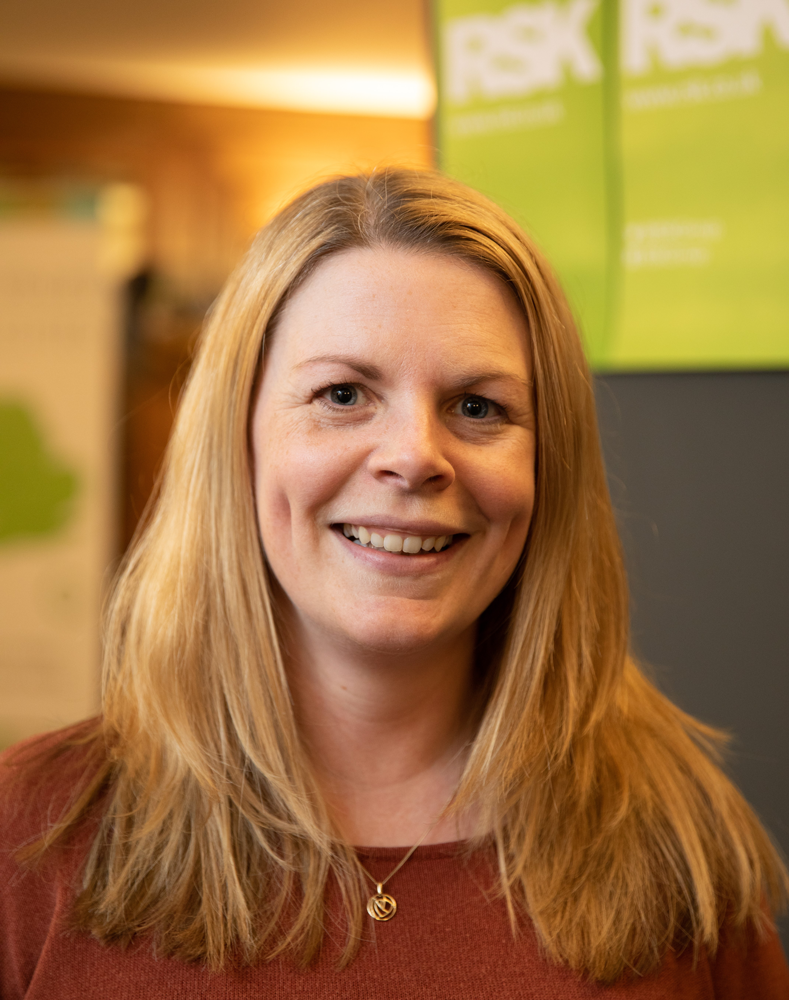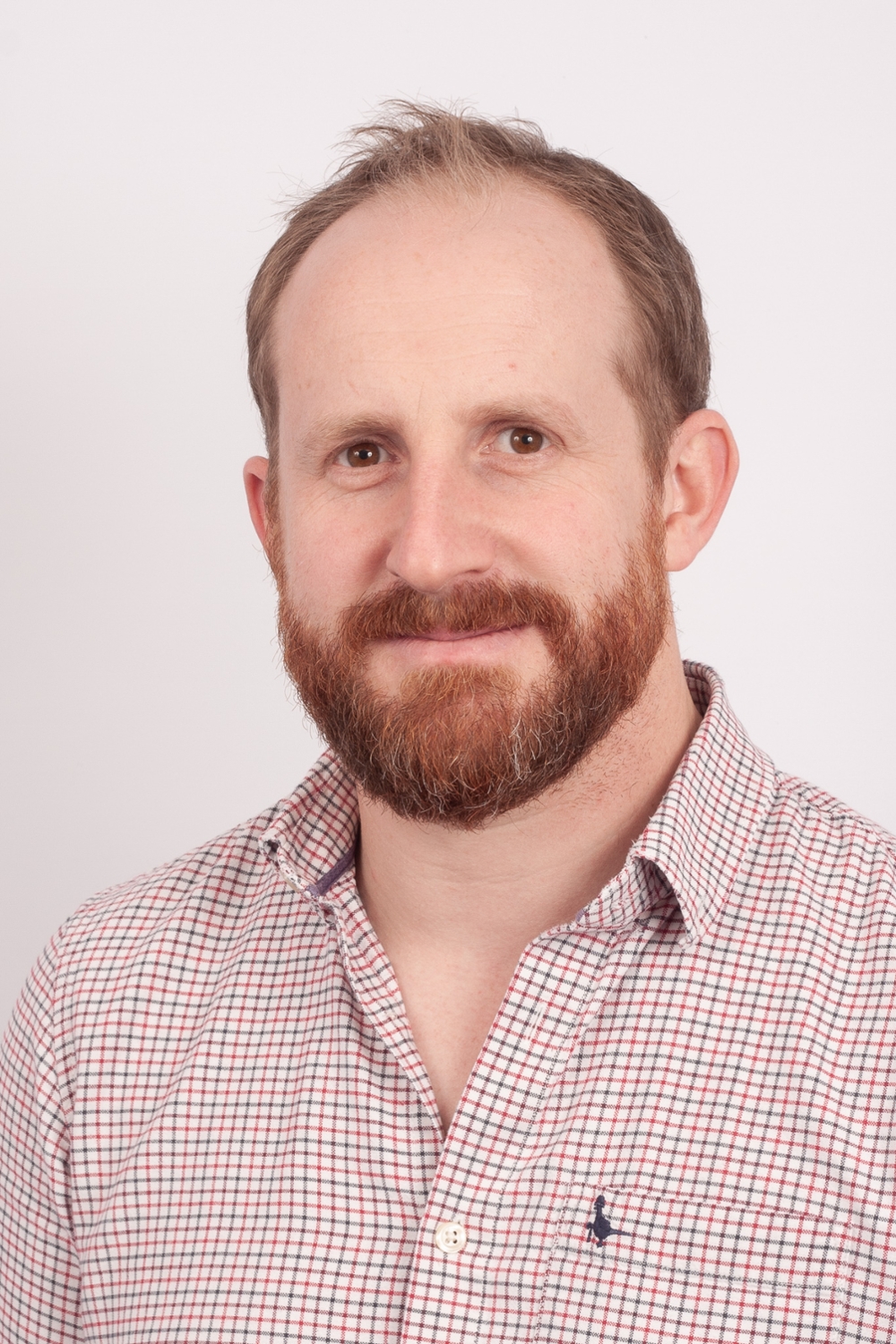Incorporating Climate Change Considerations into Contaminated & Brownfield Land Development
25 April at 10-12:00 BST, Online Conference
This online conference brought together a number of speakers who have been involved in on-going industry research and published guidance to consider the impact of climate change on contaminated land risk assessment, remediation and development.
Register now
Become a member and receive free access for your whole company to all of our upcoming and on-demand online Network events.
If you are a Member, please login to register for free.
Event agenda:
10.00 Welcome from Environment Analyst
10.05 Opening Remarks from the Chair
Linsey Cottrell, Environmental Policy Officer, The Conflict and Environment Observatory
10.10 Climate Change Considerations in Land Contamination Risk Assessments
The State of the UK Climate 2021 report confirms the UK climate is changing and is likely to result in more intense/extreme weather and significant weather events with a higher likelihood of heat waves, flash floods and droughts. Planning policy in the UK outlines the need to consider, mitigate and adapt against the effects of climate change for sites undergoing redevelopment. There is currently a significant amount of research and development being undertaken in relation to how climate change should be appraised to ensure the land contamination risk assessments we complete remain sustainable and robust.
This has included publication of the SoBRA report “Guidance on Assessing Risk to Controlled Waters from UK Land Contamination Under Considerations of Future Climate Change” (August 2022). The influence of climate change is also considered within the CL:AIRE report “Good Practice for Risk Assessment for Coal Mine Gas Emissions” (October 2021).
This presentation will draw on the findings of the SoBRA and CL:AIRE guidance and aims to provide a high-level overview of how the effects of future climate change could be incorporated within the conceptual site model, along with the potential implications this may have on the assessment of risks to human health, controlled waters and from ground gas.
Helen McMillan, Associate Director and QRA Technical Lead, RSK Geosciences
10.30 Incorporating Resilience and Adaptation into the SuRF-UK Sustainable Remediation Framework
Climate change is one of the biggest challenges facing society. It is driving changes to the climate system such as disturbance in the hydrological cycle, rising sea levels and more frequent extreme weather events. In the contaminated land sector, projects need to be able to adapt to the new and changing environment in a way that moderates the harm and exploits any benefits; but also be resilient with the capability to anticipate, prepare and respond to the multi-hazard threats presented by climate change and minimise the damage to social, environmental, and economic well-being. Governments, regulators and practitioners have begun to consider the impact of climate change and subsequent risk management implications on both the fate and transport of contaminants and the influence of impacts on different remediation technologies.
Aligned with these developments SuRF-UK has developed outline guidance about the current provision for incorporating climate change and broader considerations of resiliency in the context of the SuRF-UK Framework. This presentation will describe how the SuRF-UK Framework allows evaluation of resilience to be built into projects through incorporation of indicators at an early stage of the project and at the point of remedial option selection. Furthermore, the framework allows for the adoption of SMPs that can be implemented throughout the project lifecycle to maintain durable and effective risk management in a dynamic environmental, economic and social context.
Paul Bardos, Managing Director, R3 Environmental Technology
10.50 Exploring How UK House Foundations will Need to be Adapted to Cope with Climate Change
- Outlining how we currently design house foundations
- Evaluating the potential effects to ground conditions as a result of climate change
- What might these changes mean to the existing housing stock?
- Reviewing how foundations will need to be designed for new houses
- What possible solutions might there be and how do we implement these?
Peter Atkinson, Lead Geotechnical Specialist Engineer, NHBC
11.10 Informing Regulatory Considerations of Climate Change Impacts and Adaptation for Waste Deposit, Landfill and Land Contamination
WSP were engaged by the Environment Agency to generate a robust evidence-base that will help inform regulatory advice and assessments to take account of climate change impacts on waste deposit, landfill and land contamination, and to explore adaptation (by identifying key risks and vulnerabilities) to protect people and the environment now and into the future. This presentation will outline this work, the implications and next steps.
Richard Lansley, Associate Director, WSP
11.30 Panel Q&A Discussion
11.55 Closing Remarks from the Chair
Meet the speakers:
 |
|
Linsey Cottrell, Environmental Policy Officer, The Conflict and Environment Observatory Linsey is the Environmental Policy Officer at the Conflict and Environment Observatory (CEOBS). CEOBS is a UK charity monitoring and raising awareness of the environmental dimensions of armed conflicts and military activities. She is a Chartered Environmentalist and worked in the environmental consultancy sector for 25 years, before joining CEOBS. She is an experienced environmental practitioner and a SiLC. |
 |
|
Helen McMillan, Associate Director and QRA Technical Lead, RSK Geosciences Helen is a qualified hydrogeologist, Chartered Geologist and ASoBRA (controlled waters/water environment) with 20 years’ experience working in environmental consultancy, specialising in land contamination risk assessment (Part IIA and planning) and environmental compliance projects. She is actively involved in raising the standards of land contamination risk assessment through her involvement in the EPS Land Quality Expert Advisory Group, leading the SoBRA Climate Change and Controlled Waters sub-group and by presenting at high profile land contamination conferences in the UK. |
 |
|
Paul Bardos, Managing Director, R3 Environmental Technology Paul Bardos is managing director of r3 Environmental Technology Ltd and visiting professor at the University of Reading. He is co-chair of SuRF-UK. He is a “qualified person” under the CL:AIRE DOW-COP initiative for auditing the re-use of soil and other excavated materials. He works on contaminated sites management, sustainable remediation, circular economy and wider aspects of brownfields rehabilitation and renewables. Recent and current projects are in the UK, across Europe, China, Japan, South America, USA and Australia. He works as a green and sustainable remediation international expert” for the Ministry of Ecology and Environment in China, the AIST agency in Japan on soil rehabilitation in Fukushima, and the World Bank in Kosovo. |
 |
|
Peter Atkinson, Lead Geotechnical Specialist Engineer, NHBC Peter is a Chartered Civil and Structural Engineer and Chartered Water and Environmental Manager with over 37 years Consultancy experience (prior to joining NHBC in 2022) undertaking ground investigations, foundation designs and remedials across the UK for the housing and industrial sectors. He also has expertise in the conservation of historic buildings, recycling of construction materials and treatment and reuse of soils. As Lead Geotechnical Specialist with the Land Quality Service, Peter provides early engagement with developers bringing forward hazardous sites for residential development. He is also reviewing innovative foundation techniques and overseeing a new NHBC Standards chapter: Engineered Fill. |
 |
|
Richard Lansley, Associate Director, WSP Richard Lansley is a hydrogeologist and chartered geologist with WSP. Richard has over twenty years of experience delivering solutions for clients based on the hydrogeological interpretation of the built environment. His experience ranges from the risk-based assessment of landfill and contaminated land on groundwater quality with associated delivery of targeted mitigation. He also supports the hydrogeological interpretation of minerals and construction dewatering and the development of groundwater abstraction schemes on water resources.
|

